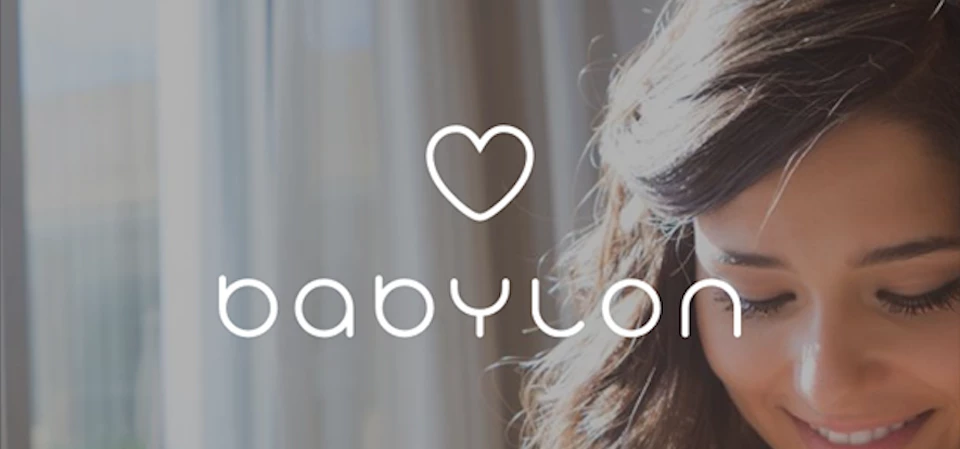
Partner Article
NHS to begin trialling AI tech as an alternative to maligned 111 service
The National Health Service (NHS) is to begin trials utilising artificial intelligence (AI) as an alternative to its non-emergency 111 helpline this month, as it looks for ways to make efficiency savings in how it operates.
As part of the six month trial, London-based Babylon Health’s AI app will help almost 1.2m residents in north central London diagnose their non-life-threatening ailments through its simple question and answer interface, according to the Financial Times.
The app works by asking users a series of questions, with each answer filtering out various probabilities and determining urgency as Babylon’s tech instantly filters through a database containing the symptoms of every known illness.
Once completed, the app will then advise users on the urgency of their conditions and what to do less, in a process that claims to be almost 12 times quicker than the comparable helpline service.
The agreement marks a major coup for Babylon in the increasingly crowded healthtech space, although the exact commercial terms of the trial have not been announced.
Speaking to the FT, Babylon’s Chief Executive, Ali Parsa, claimed that the cost savings to the government of so-called, AI robo advisors, could be enormous.
With each call to the NHS 111 helpline costing between £12 and £16, and the service coming in for criticism due to staff shortages and long hold times, the cost and convenience benefits of an AI app are obvious.
Parsa said: “They have armies of people sitting there on the phone, costing them a fortune. If they get sick, they need a replacement in place. The cost difference is not little, it’s huge.”
Founded in 2013, Babylon has attracted funding from DeepMind co-founders Demis Hassabis and Mustafa Suleyman, as well as Innocent Drinks founders Richard Reed, Adam Balon and Jon Wright.
Looking to promote your product/service to SME businesses in your region? Find out how Bdaily can help →
Enjoy the read? Get Bdaily delivered.
Sign up to receive our popular morning London email for free.








 Navigating the messy middle of business growth
Navigating the messy middle of business growth
 We must make it easier to hire young people
We must make it easier to hire young people
 Why community-based care is key to NHS' future
Why community-based care is key to NHS' future
 Culture, confidence and creativity in the North East
Culture, confidence and creativity in the North East
 Putting in the groundwork to boost skills
Putting in the groundwork to boost skills
 £100,000 milestone drives forward STEM work
£100,000 milestone drives forward STEM work
 Restoring confidence for the economic road ahead
Restoring confidence for the economic road ahead
 Ready to scale? Buy-and-build offers opportunity
Ready to scale? Buy-and-build offers opportunity
 When will our regional economy grow?
When will our regional economy grow?
 Creating a thriving North East construction sector
Creating a thriving North East construction sector
 Why investors are still backing the North East
Why investors are still backing the North East
 Time to stop risking Britain’s family businesses
Time to stop risking Britain’s family businesses